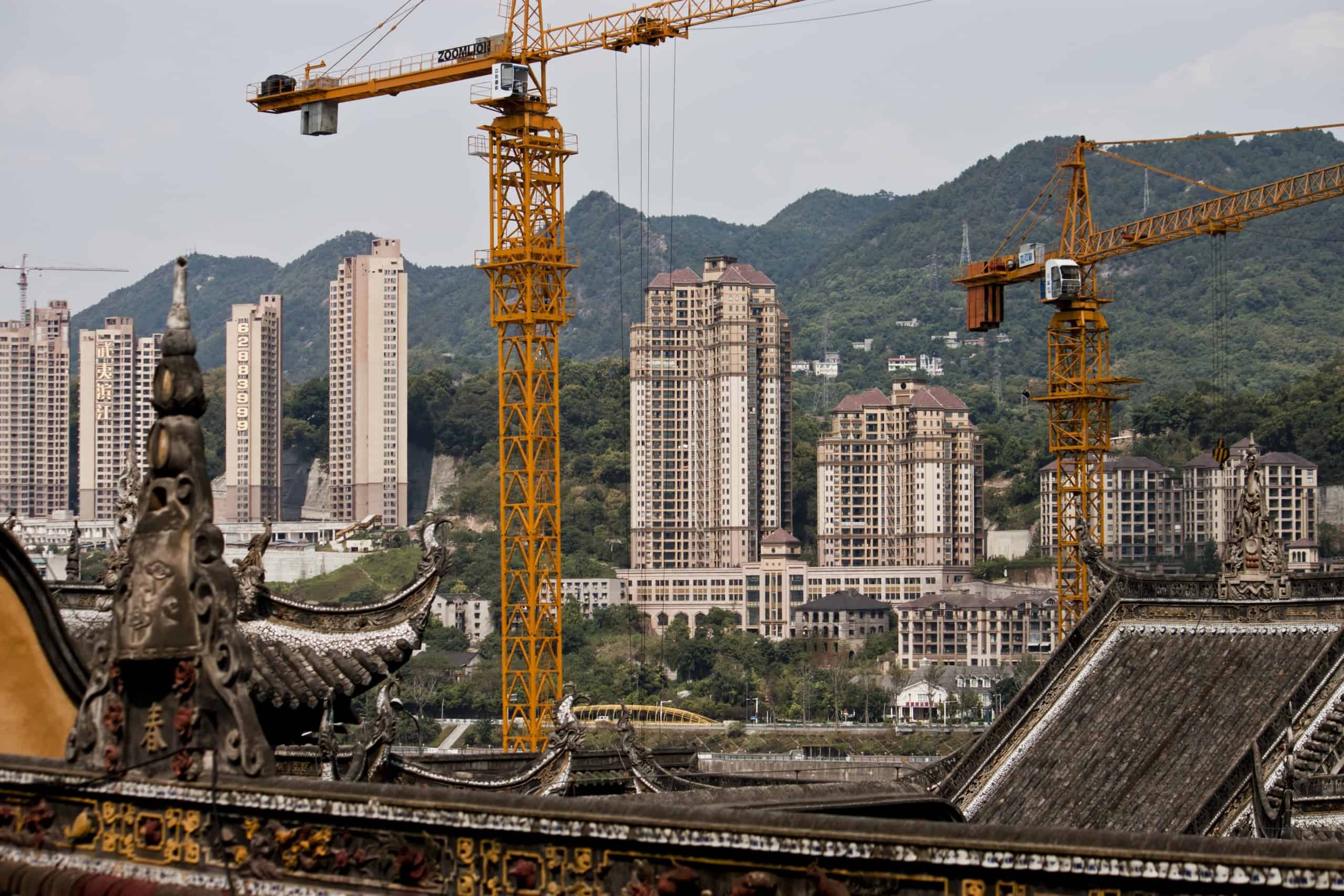China’s property developers are facing a reckoning with their outsized debt burdens. Evergrande Group may have avoided defaulting on its bonds for now, but several of its peers have already done so. Nervous consumers are holding off from buying homes — property prices dropped for the first time in six years in September.
As the music stops for property developers, fewer of them are buying new land. More than a quarter of land parcels offered at public auctions in September reportedl
Subscribe or login to read the rest.
Subscribers get full access to:
- Exclusive longform investigative journalism, Q&As, news and analysis, and data on Chinese business elites and corporations. We publish China scoops you won't find anywhere else.
- A weekly curated reading list on China from Andrew Peaple.
- A daily roundup of China finance, business and economics headlines.
We offer discounts for groups, institutions and students. Go to our
Subscriptions page for details.
Includes images from Depositphotos.com


